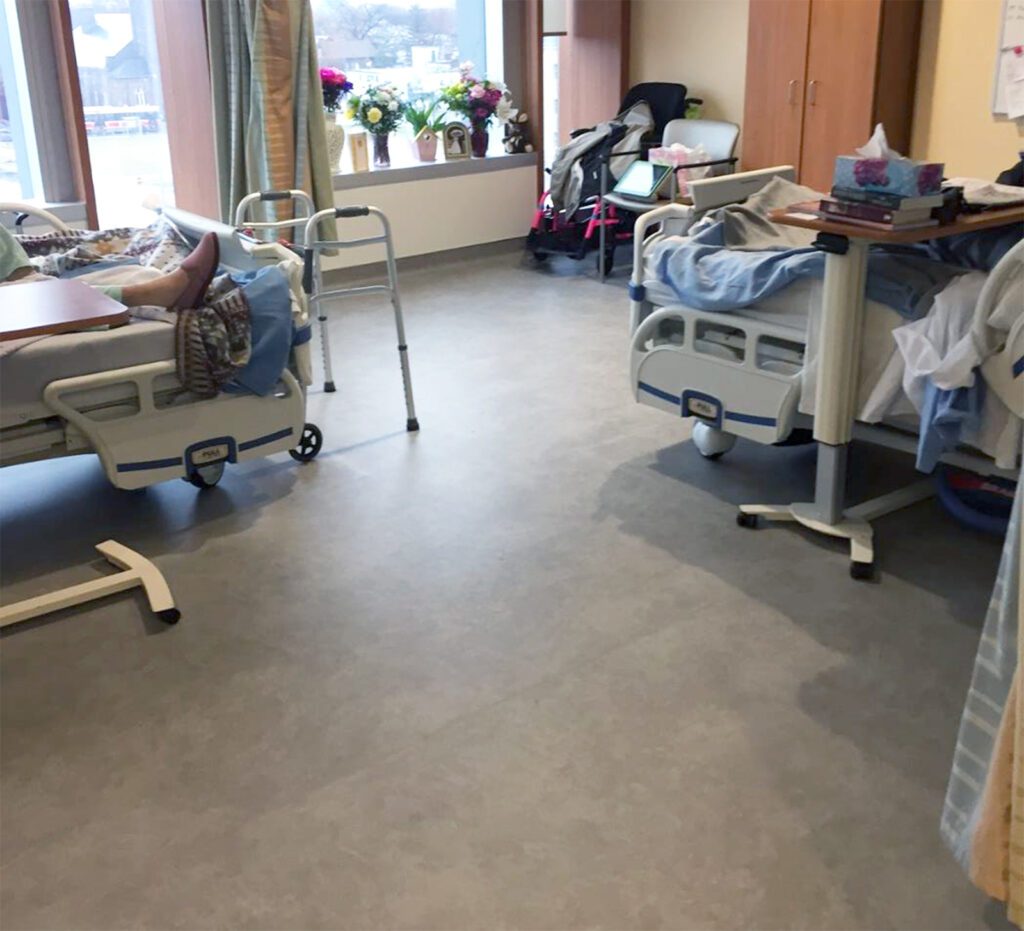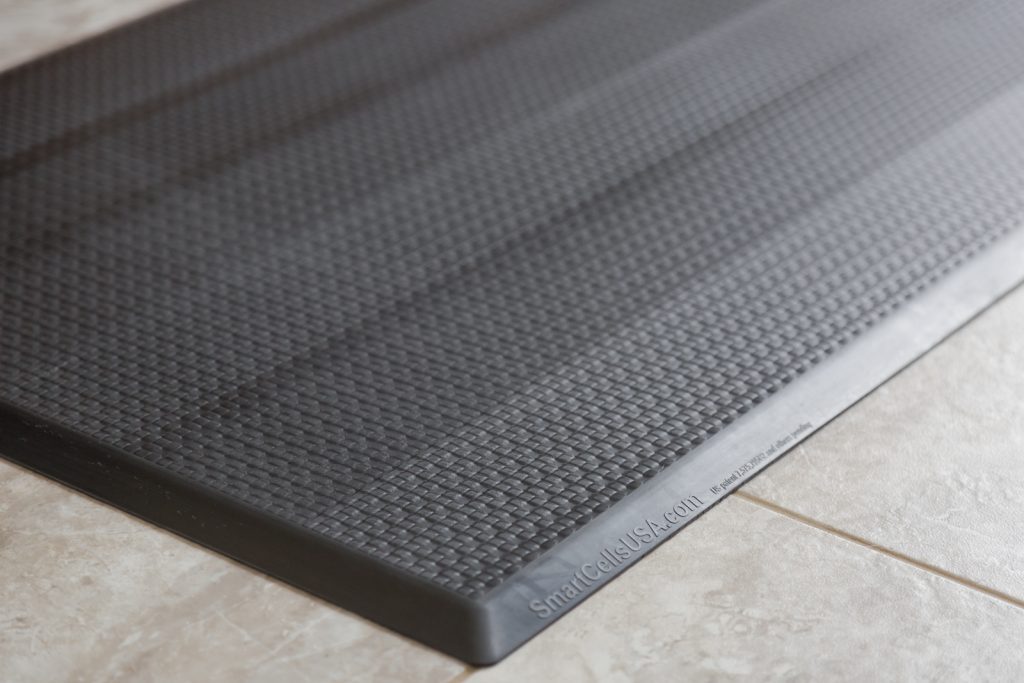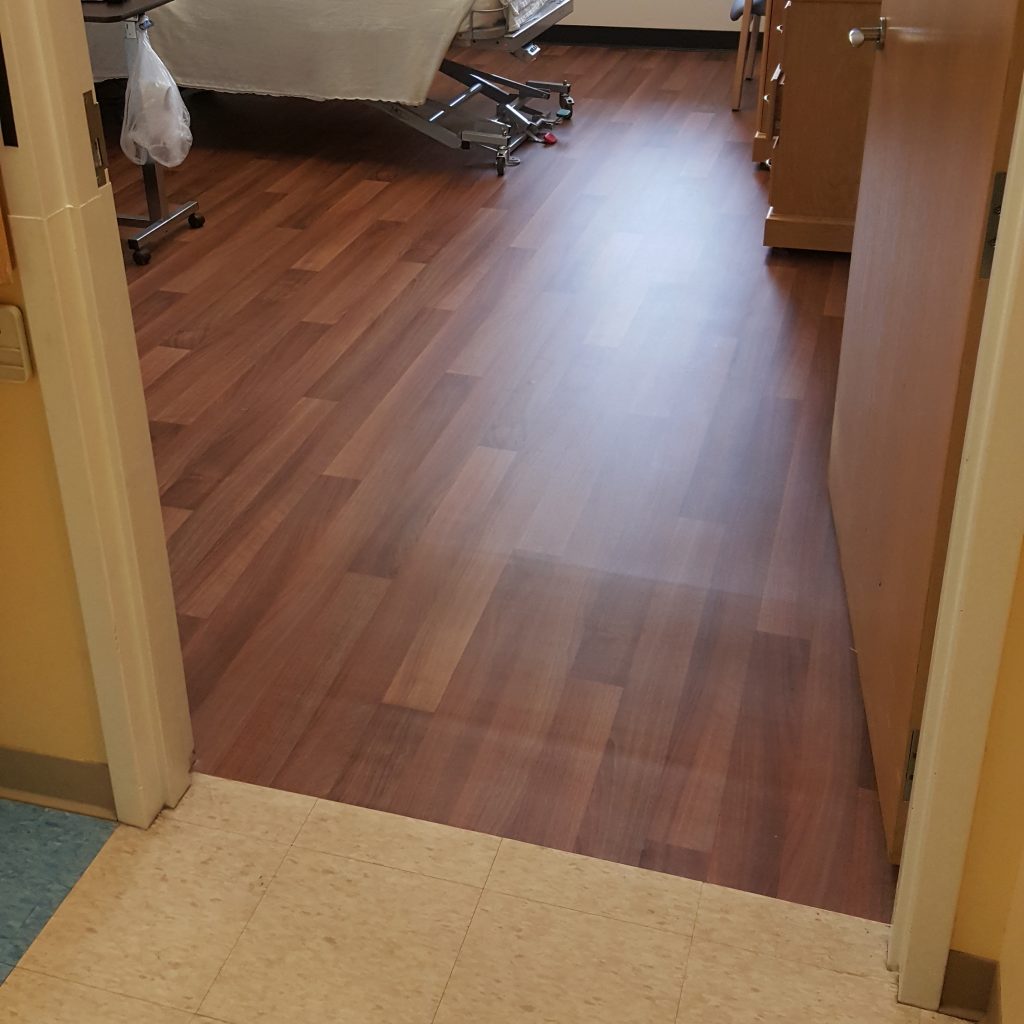Blog
Your Guide To Late Summer Gardening
- Derek Hawn
- August 11, 2015
- 7:04 pm
- No Comments
- 2 minutes
It is hard to believe that it is already August. It seems like just last week we were blogging about fun things to do this summer and now the summer is beyond halfway over.
With many stores already displaying “back to school” items, you can already sense the stress of parents and students preparing for the next school year.
Don’t fret, after all, summer isn’t over yet and you still have at least a month before the ‘summer vacation’ season is over and the weather starts to officially cool off.
One great late summer activity you can do to help relieve stress of the impending school year is gardening. Depending on where you live and what you’re growing, summer gardening can mean a variety of things ranging from harvesting, pruning and watering to seeding, weeding and feeding.
Whatever garden chore you are currently dealing with, summer gardening brings all of us the common challenge of splitting time between garden upkeep and simply enjoying the fruits of our labor. (Pun Intended)
To help you maximize your stress relief and the time you get to enjoy your garden we bring you these top summer gardening tips:
Water. Water. Water.
Late summer heat waves can wreak havoc if you don’t properly water. Be careful, though, because overwatering can cause just as much damage. Garden professionals recommend watering in the morning hours so the plants can soak up the water before the heat evaporates it.
Weed.
Removing weeds before the rain comes is a great way to prevent them from seeding and overpopulating your garden. It is also important to shade your garden and keep potted plants cool.
Deadhead.
Removing dead heads from annuals and perennials helps encourage continuous bloom throughout the late summer months.
Pest Protection.
Make sure you remove dead fallen leaves, as they can be host to insects that can ruin your garden. You will also want to start applying deer repellant.
Propagate.
According to the New York Botanical Garden blog, this is a great time to propagate spring flowering perennials and herbs. It is also a good time to transfer herbs to pots for winter use.
Plant.
August is a perfect time to plant the following seeds: late season annuals, cool vegetables for fall harvest, late harvest veggies such as carrots, beets and turnips, biennials and broad- and needle-leaved evergreens.
Fertilize.
You should continue to fertilize and mulch your garden throughout the month of August as well as aerate and moisten your compost pile to speed up decomposition.
No matter the garden chore, SmartCells anti-fatigue products will be there to keep you feeling good the entire time.
The unique SmartCells act like springs that cushion as weight is applied and then rebound when the weight shifts, which returns energy and reduces fatigue.
The SmartCells Cushmat Kneeling pad, available in two convenient sizes, comes with molded in rubber handles for maximum versatility and is perfect for garden chores that require you to be kneeling for extended periods of time.
For the chores that are too mobile for a Cushmat Kneeling pad, SmartCells anti-fatigue insoles provide maximum standing and walking fatigue relief. With two lines of SmartCells insoles available Standard (flat cushioning insoles) and Arch support insoles for both Regular and Active applications workers can choose the best insole for their needs.
The SmartCells standard flat style is designed for use with or without orthotics, while the Arch support style offer additional arch and heel support, personalized for size and tuned to the nature of the users’ activities.
SmartCells anti-fatigue: I feel good
What do beach days & anti-fatigue mats have in common?
Falls Happen. Injuries Don’t Have To. Your Guide to Falling Safely.
9 Ways to Increase Productivity After the Super Bowl
Enhancing Ergonomic Workspaces with SmartCells Mats
The Washington State Fair – The place that brings people together, generation after generation
Podcast: SmartCells’ Solutions Are Making Seniors Safer
7 Safety Measures That Could Save Your Childs Life
The SmartCells Top 10 Workplace Safety Tips
SmartCells Fall Protection Flooring Reduces Impact Forces 5x’s Better Than Mats
The SmartCells Solution to Warehouse Efficiency
Let us help you find the right solution
Not sure where to start? Our customer service and sales representatives – who are just as knowledgeable about the product as the scientists who created it – would be happy to help you understand more.




